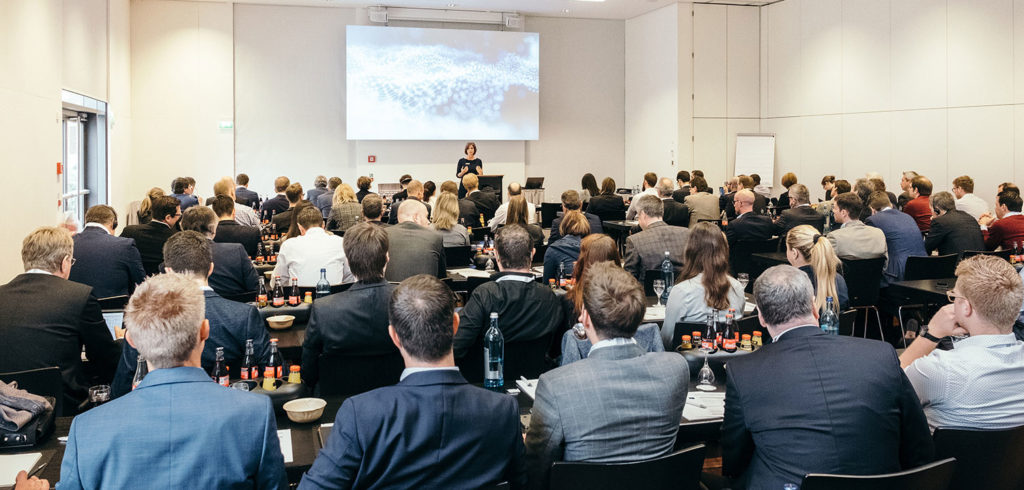Industry experts have shared their predictions for the future of the supply chain at the inaugural Supply Chain Forum 2019, presented by Siemens Digital Logistics, with many arguing that Germany must invest more heavily in digital transformation if it is to maintain its dominant role in the global logistics marketplace.
“We need to increase the investments in implementing digital solutions. Digital transformation is not cheap, it doesn’t happen on its own, and it can’t be done half-heartedly,” warned Frauke Heistermann, a digital expert on the Board of the German Logistics Association (BVL), speaking at the expert forum organized by the Siemens subsidiary in Frankenthal on April 9 and 10.
Some 100 attendees from the commercial, manufacturing, and logistics sectors responded to the invitation to attend the business event, which was presented for the first time by the experts at Siemens Digital Logistics, established following the merger of AXIT, Locom Consulting, and Locom Software.
The primary goal in the digital transformation of logistics is to improve the reliability of scheduling and resource planning in production processes, make supply chain risks manageable, and avoid harm to the economy: That was the takeaway message of the forum.
“We get up to 1,700 alerts each day, from IT security problems to earthquakes,” said Ulf Venne, director of sales at DHL Resilience360, talking about the global supply chain threats that the risk management company registers around the clock with its software.
Planning, collaboration, and transparency in global supply chains must be brought together into a software solution that enables end-to-end visibility, urged Uwe Schumacher, vice president of business development at Siemens Digital Logistics. “Visibility is the single most important aspect in the supply chain.”
However, many logistics companies are still using too much paper in planning and organizing their orders and relying on IT structures that do not allow end-to-end monitoring and control of shipping processes. Changing this, said Schumacher, means that by 2030, the supply chain will need to become “digitelligent” – capable of using digital technology for smart planning based on real-time processes.


